 In partnership with the University of Virginia’s Gordie Center and Penn State’s Piazza Center, we have developed this Hazing Prevention Self-Assessment guide for campuses to use as an initial reflection on their hazing prevention efforts.
In partnership with the University of Virginia’s Gordie Center and Penn State’s Piazza Center, we have developed this Hazing Prevention Self-Assessment guide for campuses to use as an initial reflection on their hazing prevention efforts.
The assessment is based on Guiding Principles for a comprehensive, evidence-informed campus substance misuse and hazing prevention program.
The APPLE hazing prevention model is built on the belief that all campus members must be enfranchised and empowered to help create a health-enhancing environment where hazing and substance misuse are not tolerated. The formal components – policies, regulations, education, accountability procedures, and consequences of infractions – are the necessary foundation on which to build prevention efforts. But these efforts can only be successful if the informal components – recruitment messages, role models, and unwritten expectations – reflect and extend the message that preventing substance misuse and hazing is a campus priority and is everyone’s concern.
There are six distinct areas where campuses can address hazing and substance misuse.
- Expectations and Attitudes
- Intake/Recruitment Practices
- Education Programs
- Policies and Procedures
- Accountability
- Referral and Counseling


